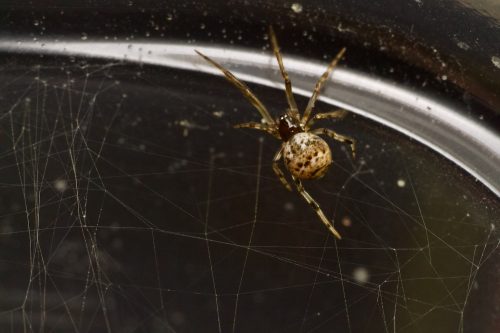It’s been in the news that Facebook openly allows political ads to lie, which is appalling. But did you know that while they’ve made some efforts to police specific forms of quackery, there is a thriving market for others?
Even as Facebook has cracked down on anti-vaxxers and peddlers of snake oil cure-alls, a particularly grotesque form of fake cancer treatment has flourished in private groups on Facebook. Black salve, a caustic black paste that eats through flesh, is enthusiastically recommended in dedicated groups as a cure for skin and breast cancer — and for other types of cancer when ingested in pill form. There’s even a group dedicated to applying the paste to pets.
A Facebook spokesperson told BuzzFeed News that these groups don’t violate its community guidelines. This summer, it launched an initiative to address “exaggerated or sensational health claims” and will downrank that content in the News Feed, similar to how it handles clickbait. But it’s not clear how it defines what a “sensational” health claim is. Citing user privacy, Facebook would not say whether or not it had downranked the black salve groups in the News Feed.
Black salve is truly awful stuff — it’s a corrosive goop that burns away whatever part of your body it touches, and its proponents proudly post grisly photos of holes punched through their bodies or chunks of flesh that have fallen off. They take pride in their self-abuse, and claim it cures just about everything. It’s certainly potent and has demonstrable affects, just like Republicanism, but also likewise is simply universally destructive.
It’s also the case that other social media, like MeWe, are also afflicted with this black salve poison. Shouldn’t they all take action to prevent their platforms from being a place that does harm by spreading bad information?












